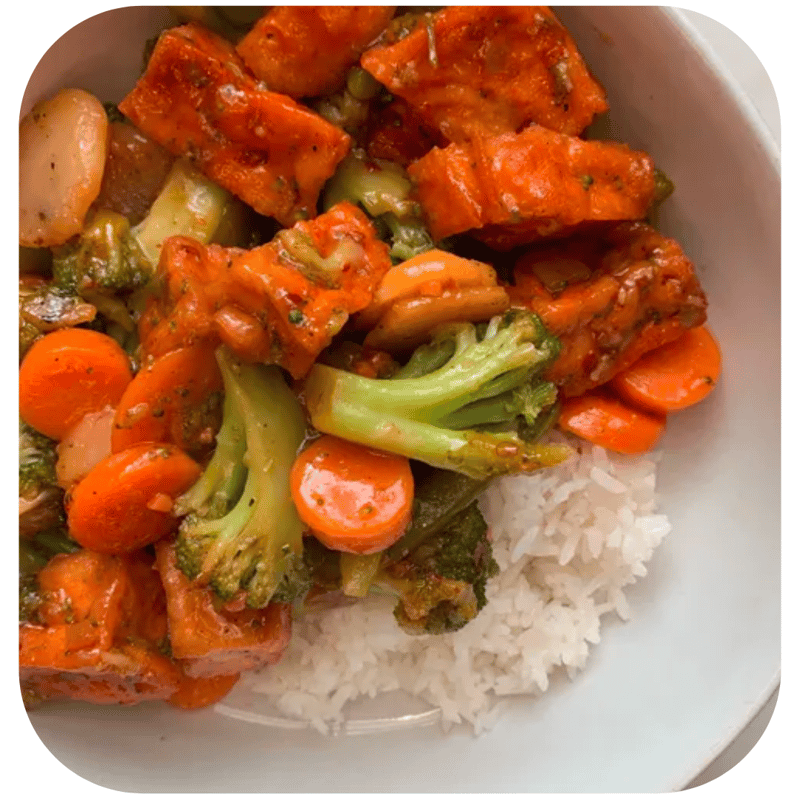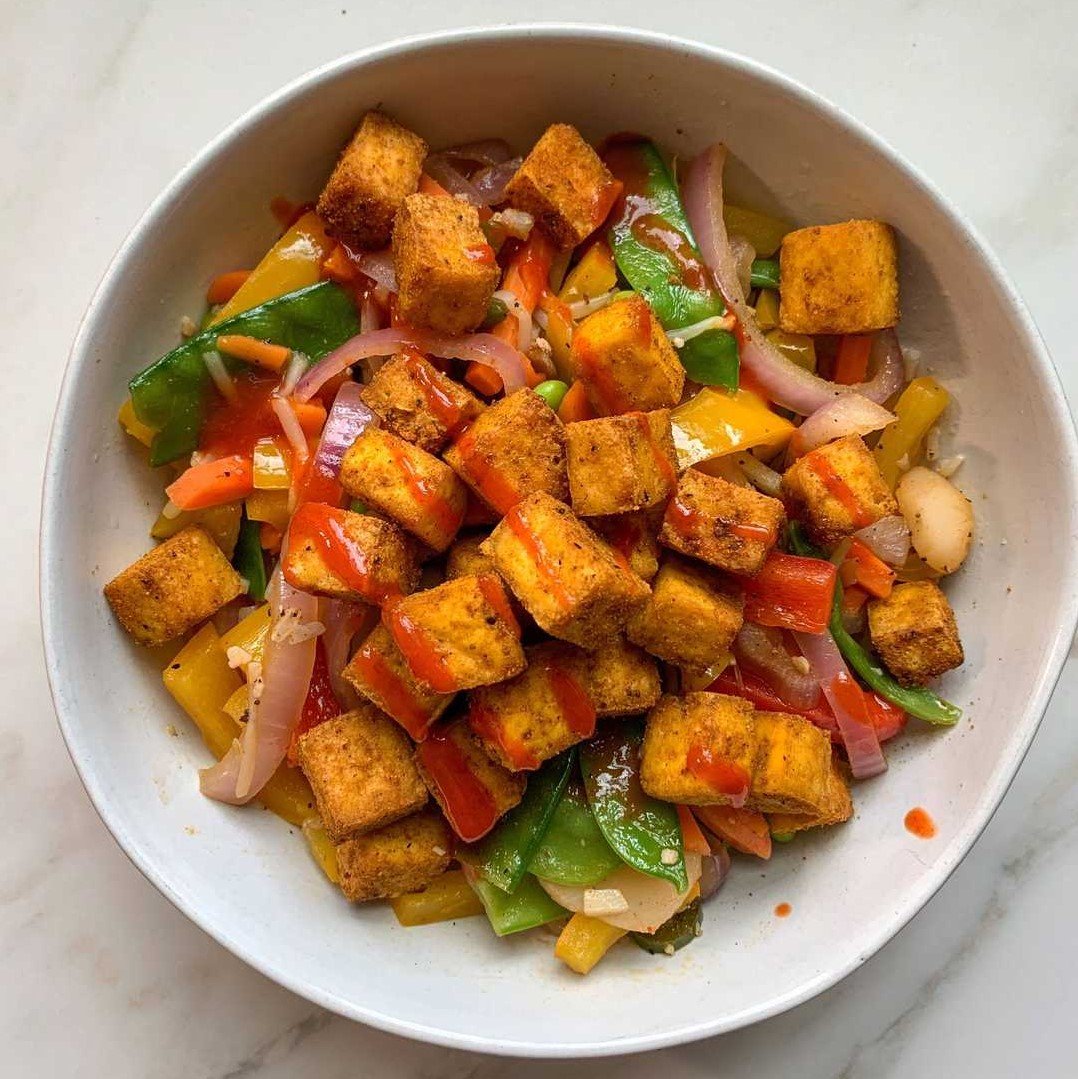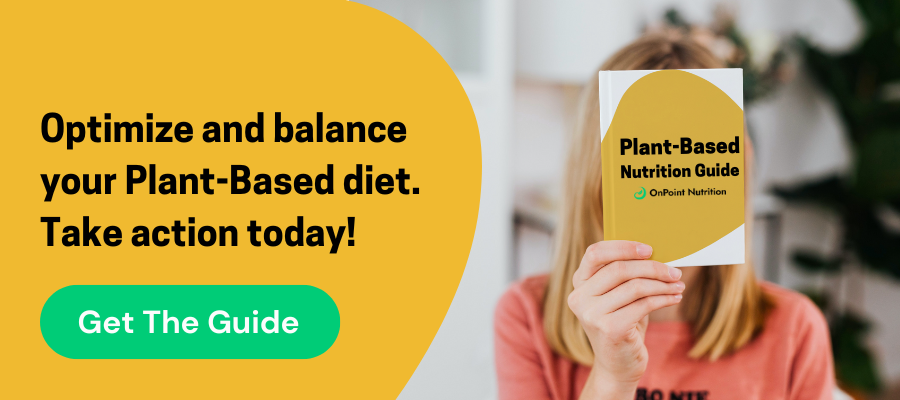
When following a vegan diet, including protein in your diet can become a challenge. Our dietitians know how to help you include the best protein sources into your vegan diet. Click Here to connect to our OnPoint Food Portion Database. For many people, switching to a vegan diet means eating more processed foods to mimic your old diet. While this may be an easy switch, we recommend a different approach to implementing a plant based lifestyle.
For vegans and vegetarians, carbohydrates tend to be the core macronutrient. Thankfully, complex carbohydrate food sources are often a good source of protein as well.
Working with a dietitian or nutritionist will help you best determine how much protein to include in your meal plan. There are many ways to increase protein in small amounts through eating nuts, seeds, protein powder, and plant-based meat substitutes. By ensuring you are consuming healthy calories throughout the day, you will also meet your protein requirements. Our list below includes vegan protein sources that help give you an extra boost.
Tofu, Tempeh, and Edamame
Tempeh, tofu, and edamame all originate from soybeans and they are all soy-based vegan protein sources. Tofu and tempeh provide 14 grams of plant-based protein per 4oz serving (0.5P in OnPoint Nutrition Calculator terms). Depending on your dish, you can purchase tofu in different forms, including: silken, soft, firm, and extra firm.
Planning on blending into a smoothie or using with a sauce? Silken tofu has the right consistency to create a smooth and silky texture while maintaining high protein levels. Firm and extra firm tofu is great when using tofu as a main dish. Tempeh is often sold in blocks and can be crumbled, cooked in pieces, or chopped to use in a variety of different recipes. Tofu and tempeh are great vegan protein sources because of their ability to absorb the flavors you are cooking it with. Both tempeh and tofu provide additional nutrients such as calcium and iron, which may be difficult to obtain in a plant-based diet. Looking for a great recipe to try? Check out our Baked Sweet and Spicy Tempeh recipe.
Edamame provides 17g of protein per 1 cup (0.5P in OnPoint Nutrition Calculator). Because it is a bean, edamame also has about 15g of carbohydrates per 1 cup shelled edamame (1S in OnPoint Nutrition calculator). You can prepare Edamame in a variety of ways: either stand-alone as a snack, or as an addition to a meal. Try adding edamame beans into your stir fry or sautéing them in some soy sauce and garlic and having them as a snack!
Edamame is a quality protein source and provides all the essential amino acids. It is also rich in antioxidants and fiber as well as folate and vitamin K.
Seitan
If you are looking for a vegan protein that is similar in texture to ground meats, seitan is a great solution. Seitan, also known as vital wheat gluten, is a high protein food source that you can use similarly to ground meat for both flavor and texture. One serving of seitan packs a big punch. In a 4oz serving, you’ll get 21 grams of protein (1P according to our OnPoint Nutrition Calculator).
Beans, Lentils, Legumes
Although often regarded as a starch or carbohydrate, another great vegan protein source includes all varieties of beans, legumes, and lentils. As you are exploring vegan recipes and meal plans, you will often find one of these three foods. Beans, legumes and lentils are excellent sources of protein and fiber. They improve cholesterol levels, improve gut bacteria and decrease blood sugar levels. One serving of beans, legumes, or lentils, contains 14 grams of protein (0.5P, 1S for 1cup on the OnPoint Nutrition Calculator). Examples of different types of beans are garbanzo beans (chickpeas), kidney beans, black beans, and pinto beans.
½ cup Nuts or ½ cup Hummus
If you are looking for a non-traditional protein source to include into your vegan diet, hummus and nuts are clever solution. Both hummus and nuts can be high protein snacks between meals. A ½ cup serving of nuts or hummus contains 15g of protein (0.5P OnPoint Count). It is important to note- both nuts and hummus contain a higher fat content than other vegan protein choices, so remember to be mindful about how often you include them in your plan. Here’s a great recipe for a Classic Hummus to include throughout your weekly planning. Remember ½ cup to get 0.5P serving.
Nutritional Yeast
Nutritional yeast is a deactivated strain of yeast, sold as a yellow flaky powder. It has a cheesy flavor, so it’s popular with vegans and vegetarians alike to add some extra flavor to dishes. You can sprinkle it on top of pasta, use it to make a vegan cheese sauce, or even enjoy as a popcorn topping. Fortified nutritional yeast is a complete protein source that also provides high amounts of zinc, magnesium, copper, manganese and all B vitamins including B12 which is often lacking in a vegan diet. Nutritional yeast contains 8g of protein per 2 Tbsp (0.25P OnPoint count).
High Protein Grains & Seeds
Ancient grains such as spelt and teff provide about 10-11g of protein per cooked cup, making them higher in protein compared to other ancient grains. Both excellent sources of complex carbohydrates, fiber, iron, magnesium and phosphorus. One thing to note about these grains is that they are high in carbohydrates. Each grain contains about 51g of carbs (about 3S in OnPoint Count) for 1 cup of cooked spelt or teff. A cup of one of these would be a little less than 0.5P in OnPoint Count.
Amaranth and quinoa are also ancient grains, and are gluten free. Each provides 8-9 grams of protein per cooked cup. They are both complete sources of protein and provide complex carbohydrates, fiber, iron, magnesium and phosphorus, much like their cousins spelt and teff. A cup of Quinoa or Amaranth would be about 2S and 0.25P in OnPoint terms.
Eziekiel bread and other breads made from sprouted grains are also excellent protein sources. These breads provide 8g of protein per 2 slices of bread. Sprouted grains increase bread's soluble fiber content as well as folate, vitamin C and vitamin E. 2 slices of this bread would be about 2S and 0.25P in OnPoint terms.
Hempseed is another source of complete protein that is easy for your body to digest. Derived from the cannabis sativa plant, hempseed only contains trace amounts of THC and contains 10g of protein per ounce. This is 50% more than what chia seeds and flaxseeds contain (about 6g per ounce). You can incorporate hempseed into your diet by adding some to smoothies, sprinkling on top of yogurt or adding it to one of our snack bite recipes like this one.
Oats and oatmeal have a slightly lower amount of protein, coming in at 6 grams per half cup of dry oats. They are also not considered a complete protein, but do provide good amounts of magnesium, zinc, phosphorus and folate. Half a cup of dry oats comes out to be one cup cooked oats. This would look like 2S and about a little less than 0.25P in OnPoint terms.
Plan a Day with Plant Based Proteins
When following a plant-based diet, it is so important to focus on high quality sources of starches and fats, with one of the reasons being to get more protein in. See below for an example of how to pack lots of protein into a typical day using your normal 3 high quality meals:
|
Meal |
Food |
Protein (grams) |
|
Breakfast |
1 cup steal cut oats 4 tablespoons raisins 2 tablespoon peanut butter Banana |
7 1.2 7.2 1.3 |
|
Lunch |
2 small bean burritos 1 cup steamed broccoli |
22.7 3.7 |
|
Dinner |
Whole wheat pasta with marinara sauce ½ cup tofu Mixed green side salad 1 cup boiled spinach |
14.6 12.6 2 5.4 |
|
|
Total |
77.7 |




